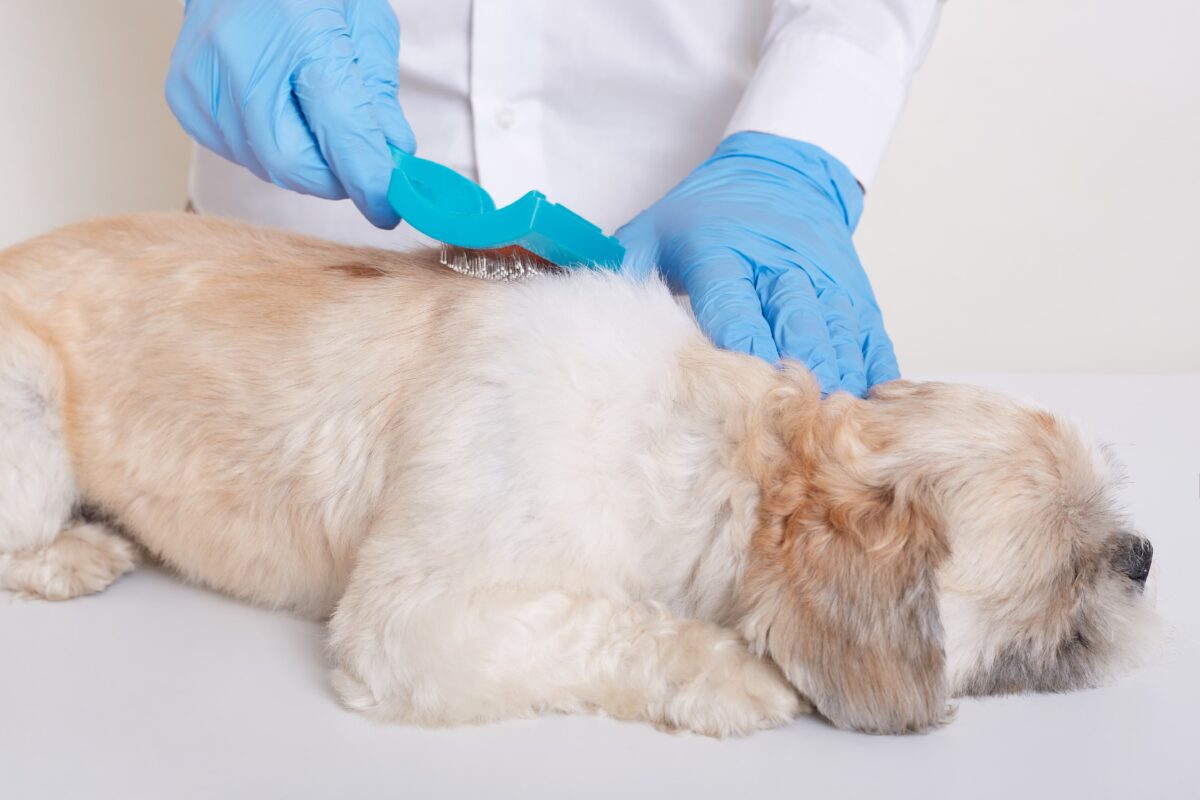Identifying Heat Stroke or Dehydration in Pets- A Guide

Similar to humans, animals are susceptible to dehydration, which can lead to severe health complications and even fatalities, especially during the scorching summer months.
Dr. Ajay Satbige, a veterinary officer at Wiggles, emphasizes the risks of dehydration, tick fever, and heat stroke for pets during this time. He warns that symptoms such as excessive panting, discomfort, drooling, vomiting, diarrhea, mental dullness, lethargy, and unconsciousness should not be overlooked.
Dr. Satbige highlights signs of dehydration in dogs, including dry mouth, thick saliva, sticky gums, loss of appetite, and sunken eyes, among others. Immediate veterinary attention is crucial upon noticing any of these symptoms in your pet.
Here are some urgent dos and don’ts recommended by Dr. Satbige:
Excessive drooling: Monitor your pet for unusual or thick drooling.
Fever: Check your dog’s nose for wetness and coolness; a dry and hot nose may indicate fever.
Diarrhea: Abnormal stool consistency, especially with blood, signals potential danger.
Lack of urine: Difficulty urinating could be a sign of overheating.
Weakness: Excessive sleepiness or difficulty standing and walking are red flags for dehydration.
In case of observing any of these signs, immediately apply a cool towel and seek veterinary assistance without delay.
To prevent heat stroke and dehydration, consider the following measures:
01. Avoid leaving pets in closed cars, even with open windows or air conditioning running, as this can quickly lead to heat stroke.
02. Ensure access to fresh water at all times, both indoors and outdoors, and carry water and a bowl when traveling with your pet.
03. Adjust walking times to early mornings or late evenings to avoid peak heat hours.
04. Provide shaded areas with covers to protect pets from direct sunlight while outdoors.
05. Keep an emergency kit with essentials such as oral rehydration solution (ORS) and antiemetic medicines handy.
06. Incorporate cooling ingredients like curd, buttermilk, coconut water, watermelon, and cucumber into your pet’s diet to combat heat-related issues.
By staying vigilant for signs of dehydration or heat stroke and implementing these preventive measures, pet owners can help ensure their furry companions remain safe and healthy, especially during the hot summer months.





